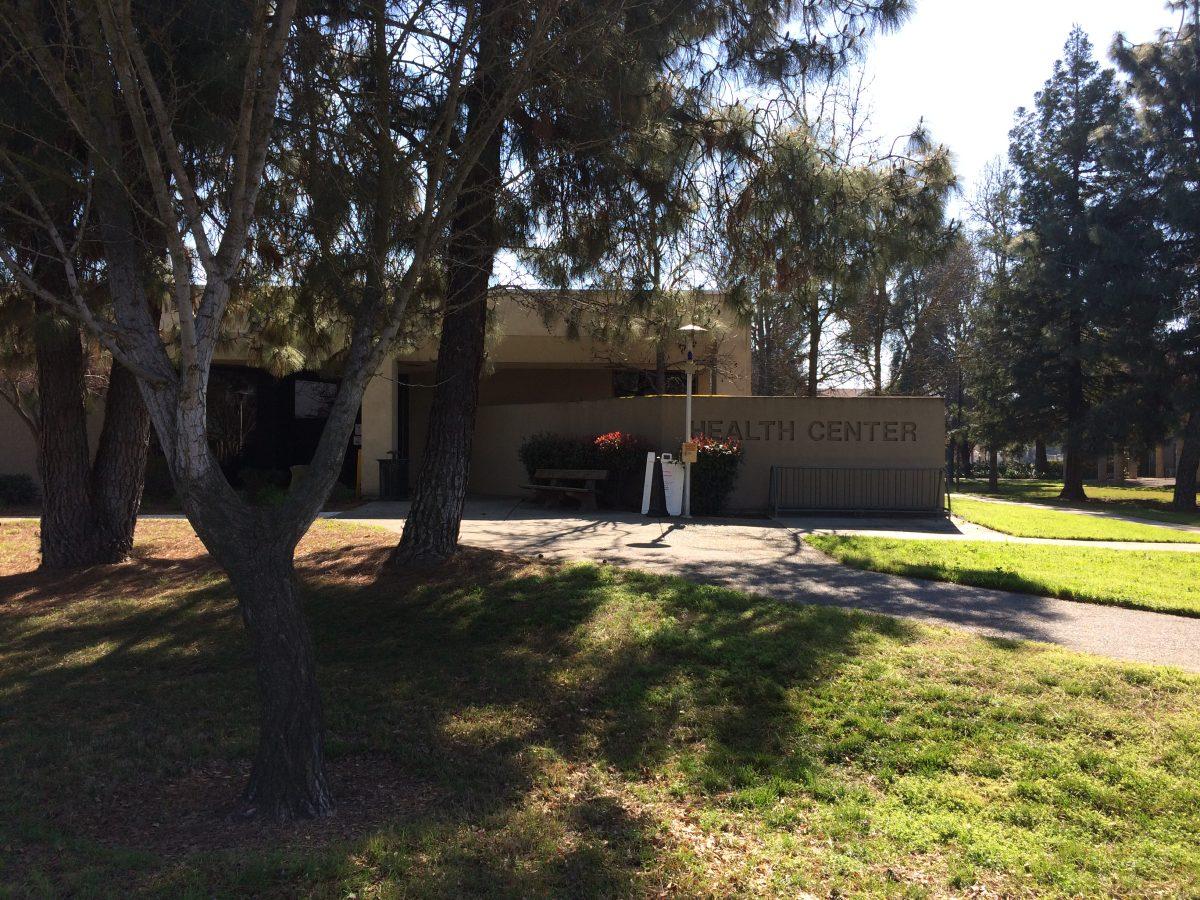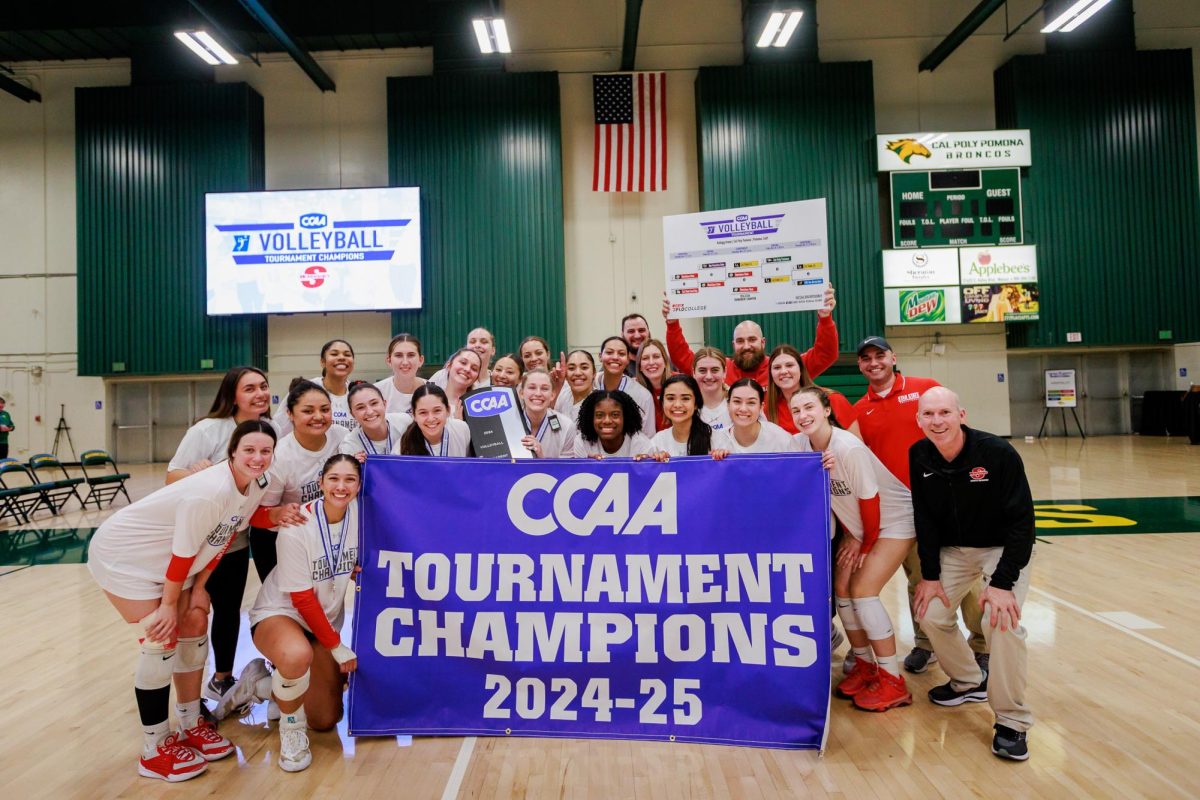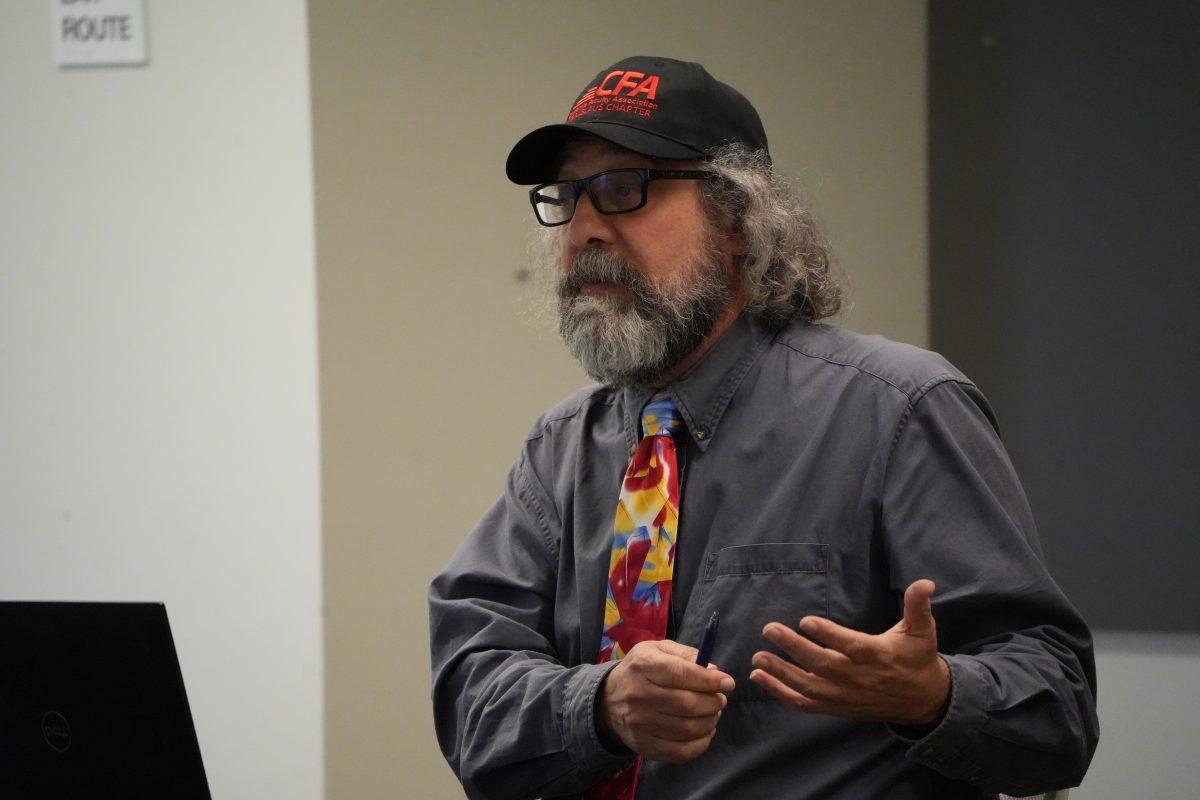With the recent outbreak of measles in California, the University of California will require admitted students to be vaccinated against the measles starting in 2017. UC students must show proof of vaccinations before moving forward with their registration.
As of now, the UC system only requires their students to be immune to hepatitis B. They will soon have to have vaccinations for not only measles, but also mumps, rubella, chicken pox and whooping cough, to name a few.
California State University, Stanislaus currently requires students to have two doses of the measles vaccine.
“As of Feb. 09, 2015, there are 107 confirmed cases of Measles in California,” Dr. Sergio Mazon, (Health Services, Medical Chief of Staff) said. “This is a highly contagious disease that is vaccine preventable with the MMR vaccine. Two doses of the MMR vaccine provides more than 97 percent effectiveness in preventing the disease.”
There are some vaccines that students cannot be given due to certain types of illnesses. However, those that can receive these vaccines are highly encouraged to do so.
Dr. Mazon has said the CSU System has seen the effects of these infections within the last 12 months.
“Vaccines are the best way to prevent many diseases like Measles, Mumps, Rubella, Varicella, Hepatitis B, Meningitis B, Influenza, etc.,” Mazon said. “The SHC strongly encourages immunization for the prevention of disease.”
The UC system is currently in the process of taking action against serious diseases from spreading across campuses. By making these vaccines a necessity before moving forward with enrollment, the CSU System could easily follow suit. Although, there are some infections that cannot be fully prevented and students recognize this.
“I think we can help prevent some infectious diseases if everyone were vaccinated,” Michelle Garcia (Senior, Communication Studies) said. “However, I don’t think we can prevent hepatitis B because not everyone can receive this vaccine, especially those with diabetes.”
If you are unsure of your current vaccinations, the Student Health Center is readily available to provide assistance as well as blood titer tests. You may also receive vaccines in the SHC, which can be contacted at (209) 667-3396.
“We should be vaccinated for other infectious diseases that are appropriate,” Garcia said. “As college students we should be other-oriented and care about each other’s health.”







